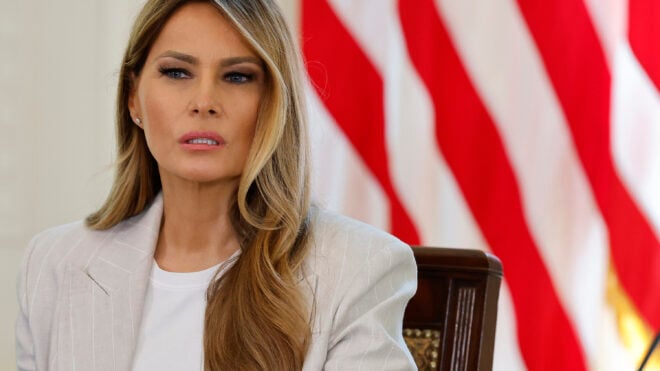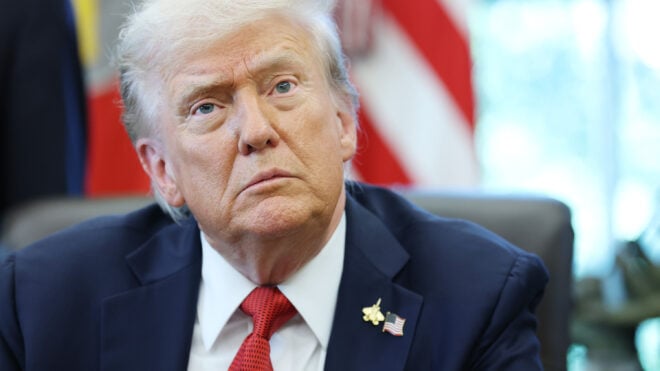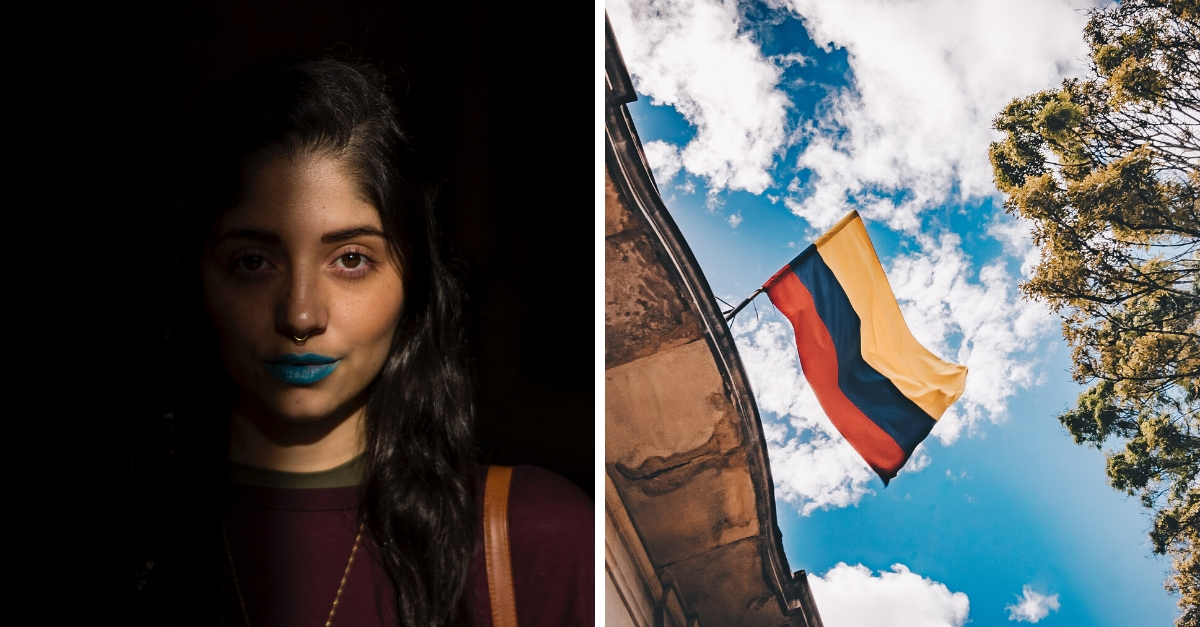
Growing up, when I was asked about my family, my answer was pretty short. "It's just me and my mom and my grandparents," I'd often tell people. That kind of simplicity seems like a conversation ender, but people always had questions. "What about your dad?" Never part of the picture, and, no, it's not a sore subject. "Aunts, uncles, cousins?" Nope, my mom was an only child. My family tree was more like a family houseplant, and that was OK with me.
As I got older and people around me asked bolder questions, I'd relent and offer that my mom wasn't actually an only child. She had a little brother, but they went to separate homes after coming to the United States. See, my mom was adopted from Colombia. Her brown skin and my painfully pale skin never quite computed to people, hence the barrage of questions throughout the years. It wasn't that I didn't talk about it for any particular reason. It just wasn't something I put much thought into. My family was my family, and that was that.
Throughout the years, I realized my family seemed to fluctuate a little more than most. People came through marriage and birth and went through divorce and death, and these were the facts of life. By the time I turned 20, I had lost both of my grandparents, two out of the three other members of the family I was born into.
While our family would thankfully grow again with my mother's second marriage, which also outfitted me with siblings for the first time in my life, I found myself thinking about the other-other-other side of my family. It's a funny feeling not knowing what other family members you might have out there. I often find myself wondering what I might find in Colombia, or anywhere else in the world where there could be people who would make up my family.
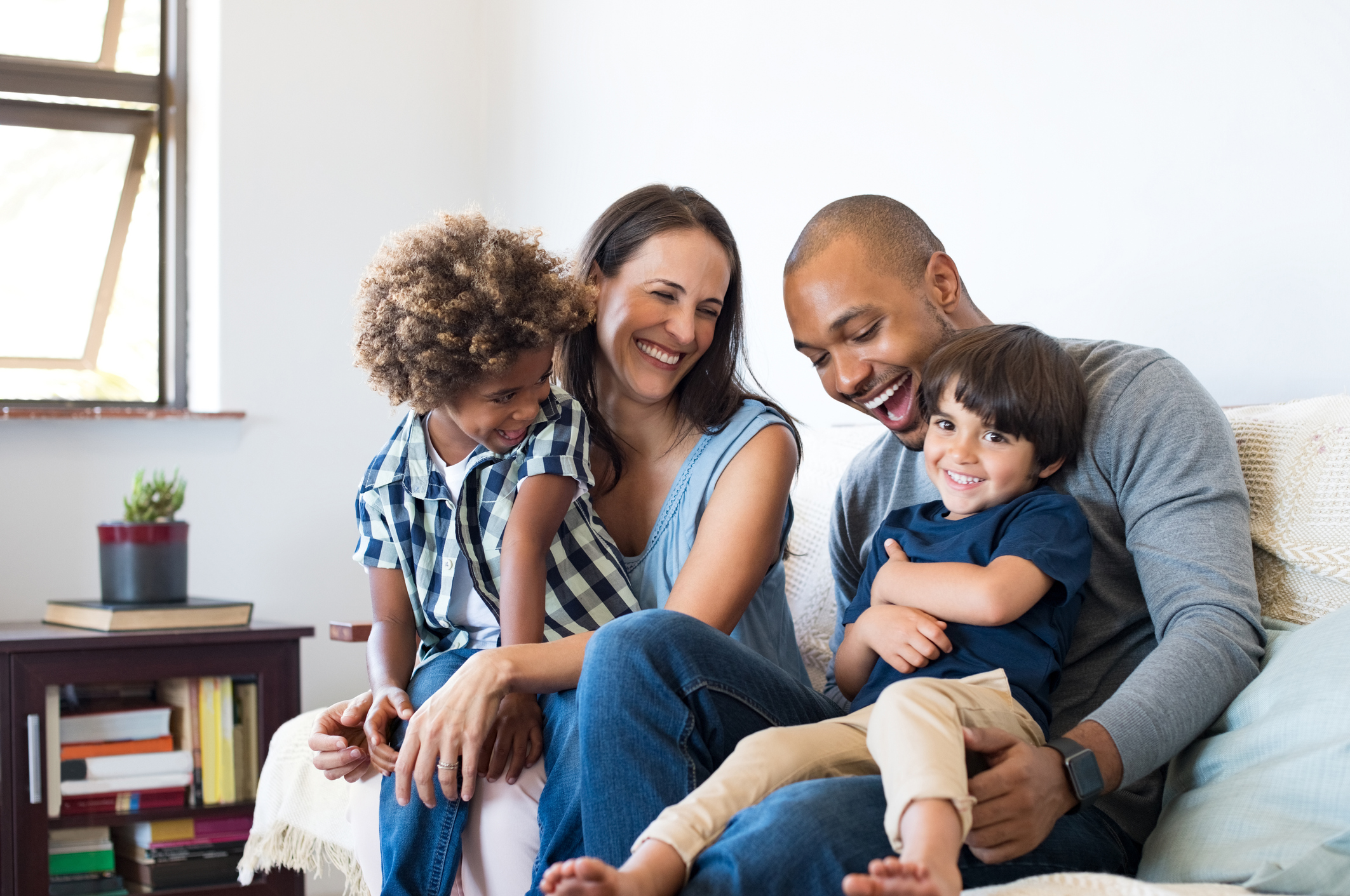
Families are funny. No two are alike. When you're a child with a limited worldview, it doesn't really occur to you how your family could differ from anyone else's. At a pretty young age, however, I grew to learn that people aren't afraid to ask questions that make those differences really apparent.
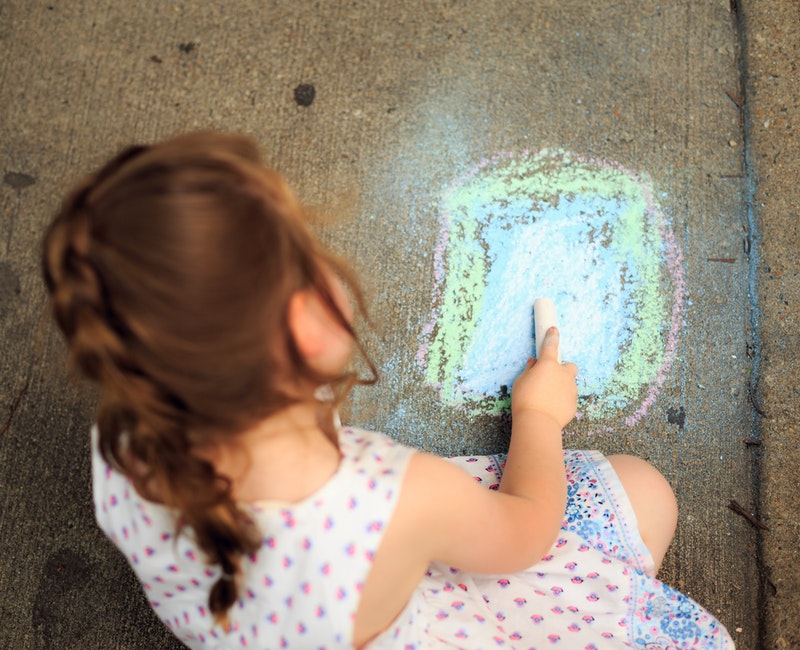
One question I would get a lot was why I didn't look like anyone in my family. People would sometimes see my mom, who has a chestnut-esque skin tone, standing next to me, a child who was often compared to a ghostly porcelain doll, and they had questions. There were a few times people thought I was the one who was adopted.
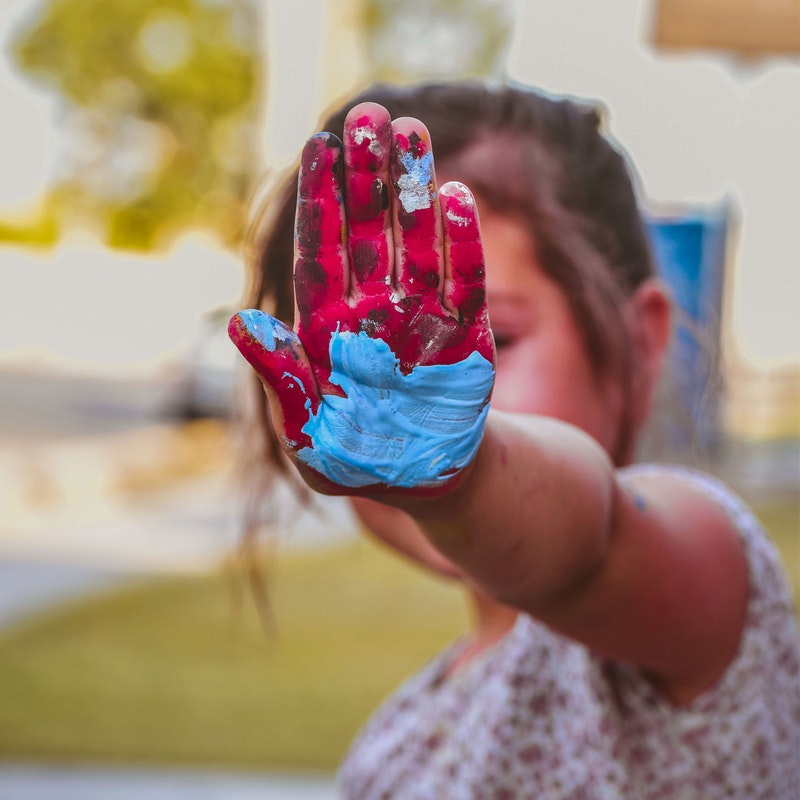
I always assumed I took after my father, who hasn't ever been a part of my life. His Puerto Rican and Italian roots always seemed more likely to lend themselves to light skin in my child-mind. Later, when I explored my background further, I learned that Colombian people come in just about every shade you can think of, so I could theoretically take after anybody.
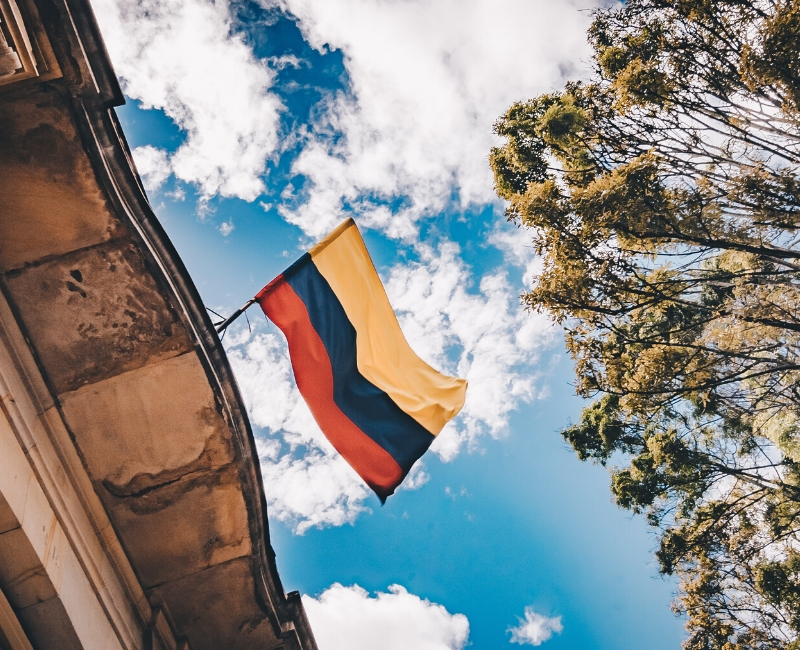
My mom was adopted from Colombia when she was 3 years old and her biological little brother was an infant. They came to America together before going to separate families. She has one photo of them together and later marveled at how much the baby in the photo looked like my little brother when he was born.
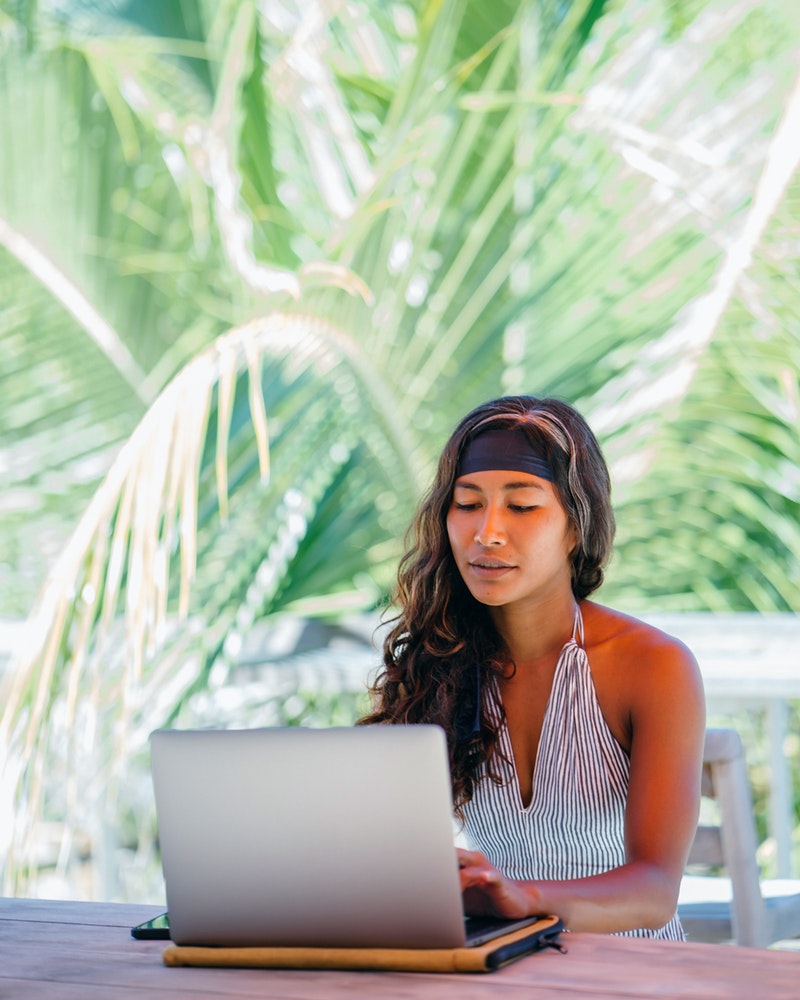
Adoption records then were not what they are today, especially when you're talking about a cross-continental situation. I know my mom has looked for her brother before with no success. Part of me thinks that it will happen one day when we all least expect it.
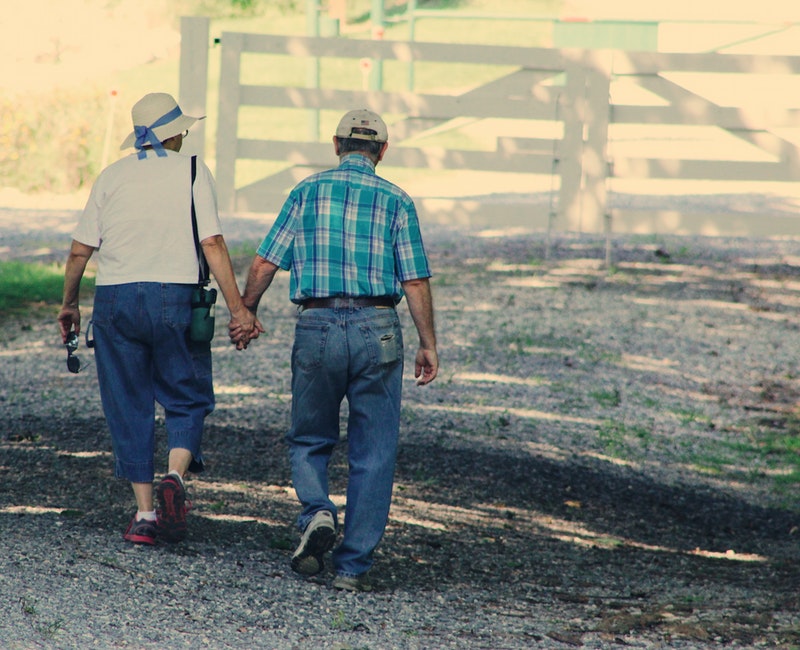
My grandparents didn't talk a lot about my mom being adopted. The way I understood it, they never wanted her to feel like she wasn't theirs. Despite their best efforts, other people in the extended family would make that painfully clear to her, something I imagine was really hard for her.
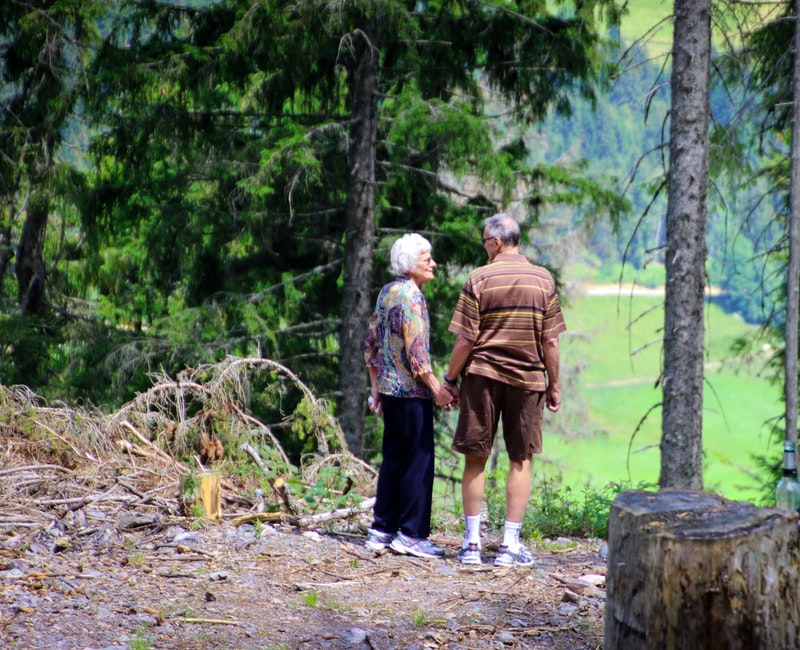
Whenever people outside the family mentioned how my mom didn't look like my grandparents, they, an Italian couple, would joke that she took after the Sicilian side in the family. The extended family that took issue with my mom would later welcome me more warmly. It wasn't until I was older that I understood it's because I'm white-passing and she isn't.
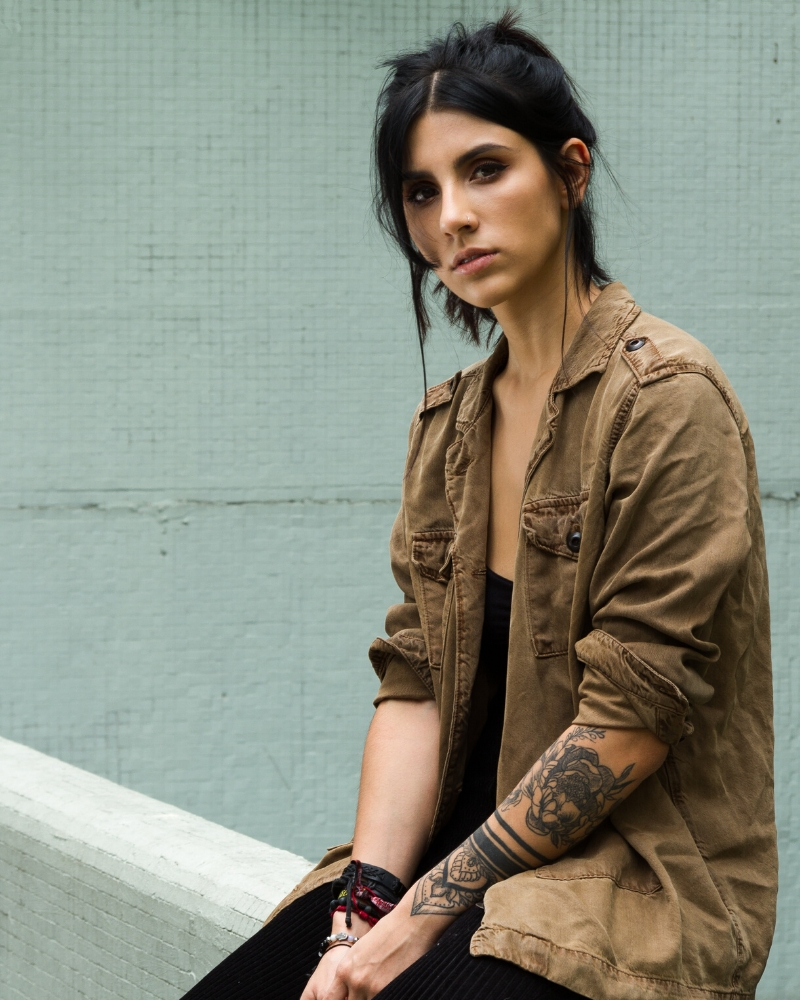
My mom being adopted led to a weird journey for me in ways I'm sure nobody could have anticipated. I grew up in a white neighborhood. Whenever I'd mention my Colombian background, I was told it didn't count, like somehow my upbringing could negate my ethnicity. It's something I still encounter a lot to this day.
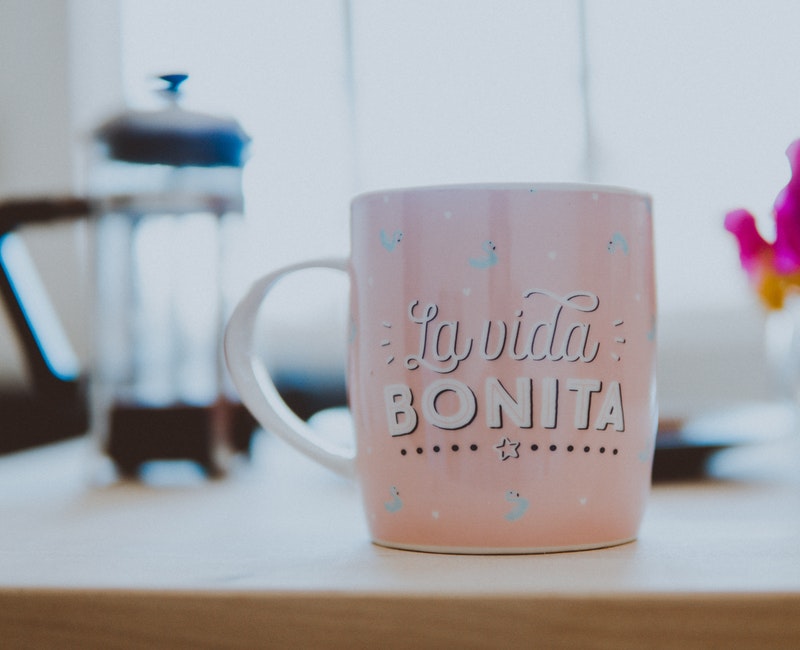
I grew up speaking fluent Italian, as did my mom. The transition from Spanish wasn't too hard for her as a kid. Although she can understand Spanish spoken around her, she doesn't remember how to speak it.
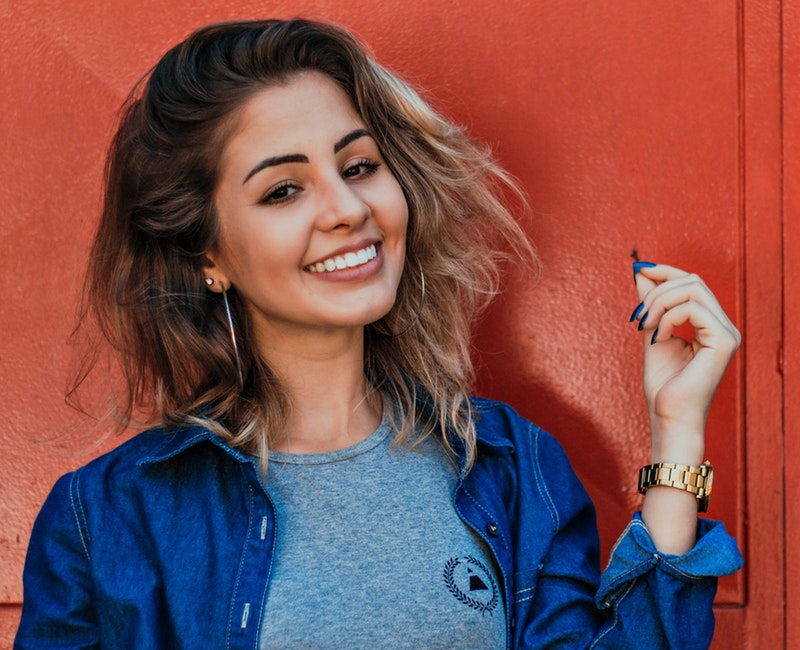
As I got into my teenage years, I became really interested in exploring this unexplored side of myself. I grappled with it feeling like a betrayal to the Italian life I grew up with for a while. It took some time for me to understand the two could coexist.

Today, I'd like to think that I am connected to every part of my ethnic background. I can read and understand Spanish, although the way it sounds when I speak it is still not there yet. Sometimes, my mind will jumble Italian and Spanish and English. I think in a language that's all my own.
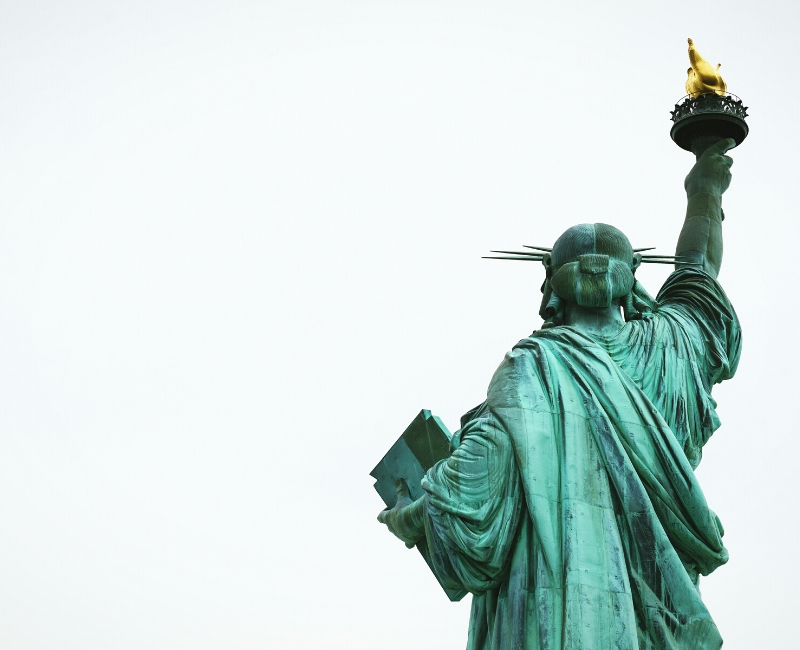
While I understand the privilege I'm afforded as a white-passing person, it's become more important than ever for me to be proud of every part of me. That isn't always easy in the world we're in today, but it feels very necessary and important. I'll never apologize for who I am and all the weird twists and turns along the way to embracing it.
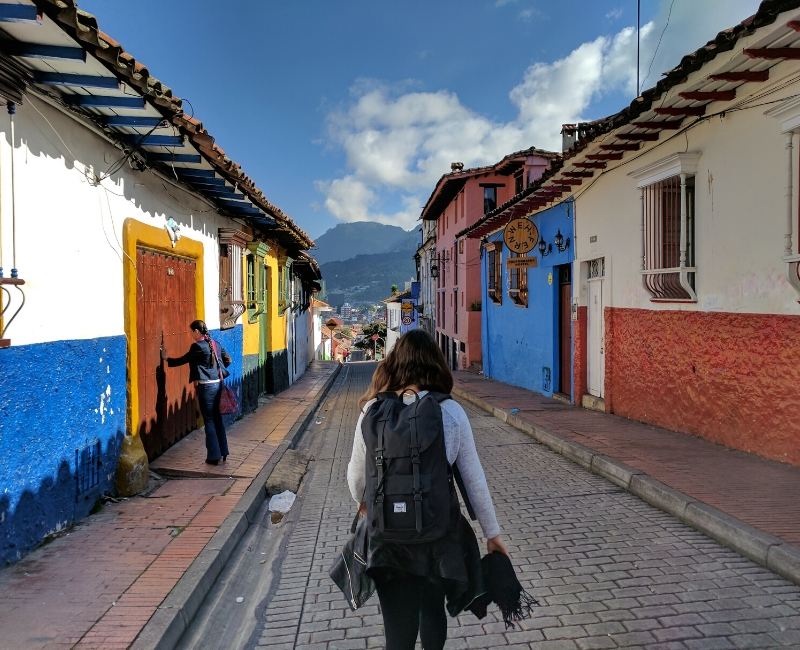
I've toyed with the idea of visiting Colombia. To tell you the truth, I'm not 100% sure why I'm so drawn to it, but the thought occasionally nags at me. Despite my insane and irrational fear of flying, I hope one day I'll follow through.
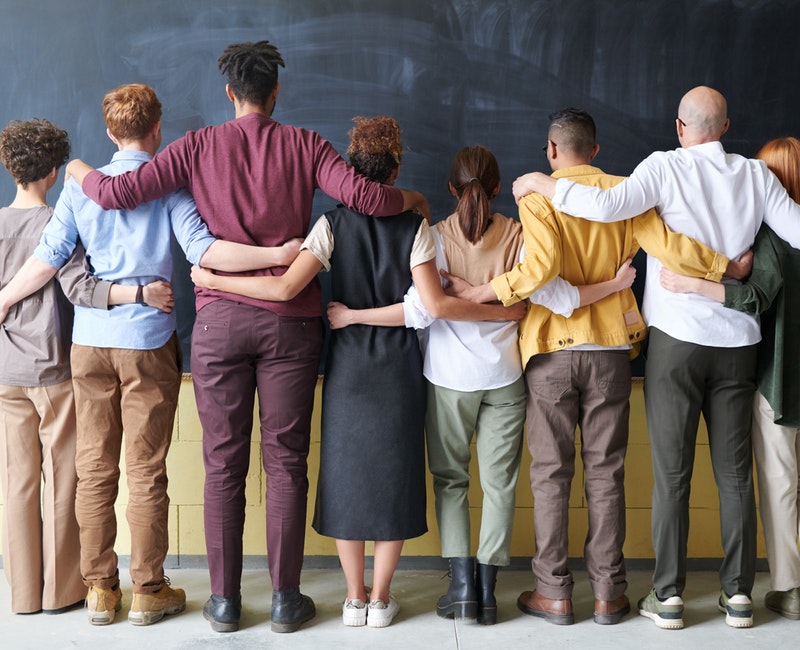
I've been fortunate throughout my life to know so many people with different and beautiful families. As I look ahead to the stage of life where I grow my own, I hope to pass what I've picked up on, regardless of how authentic or not that seems to others. If I ever found myself with the means and opportunity to add to my own family by adopting, I wouldn't hesitate. The unexpected ways that things fall apart and come together are what make life beautiful and exciting and real.

